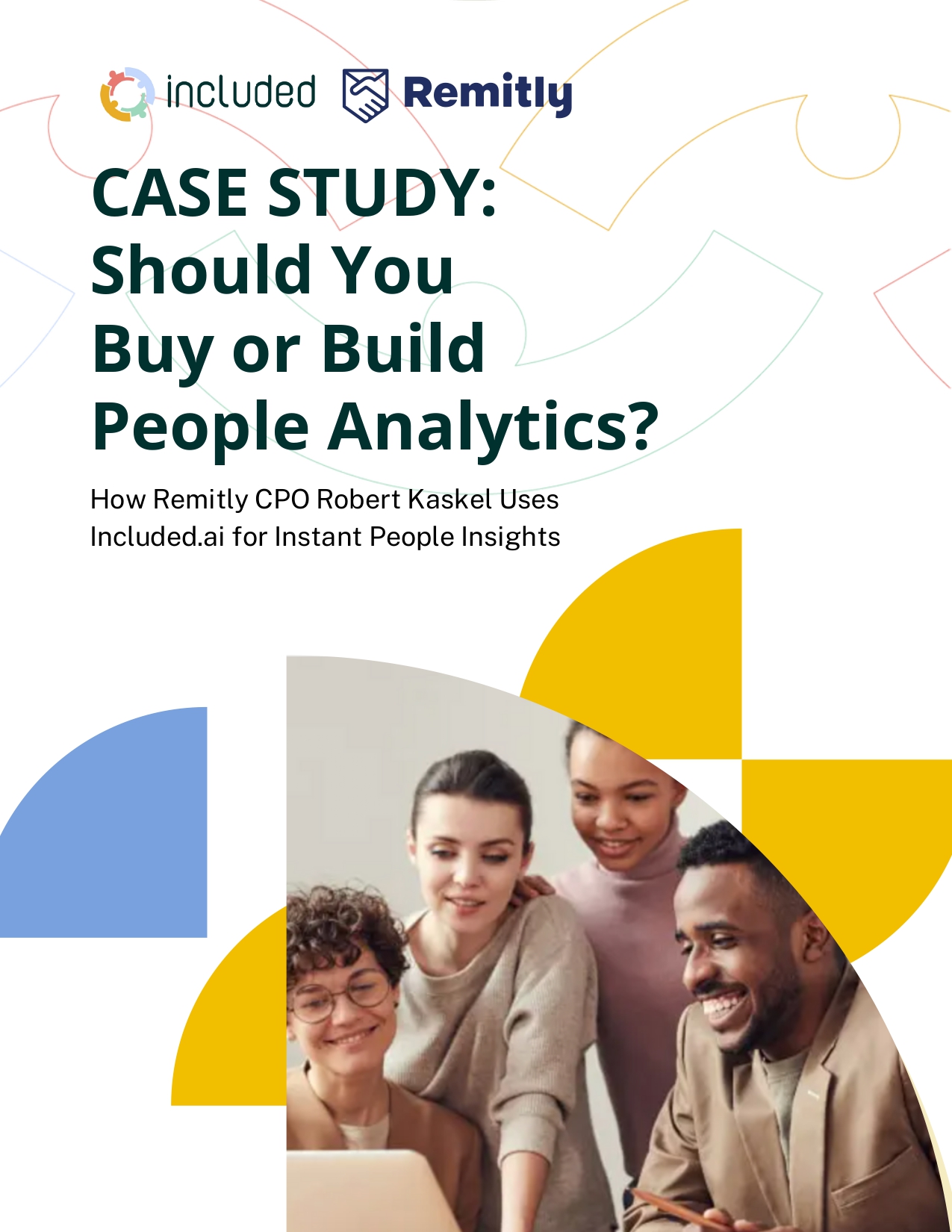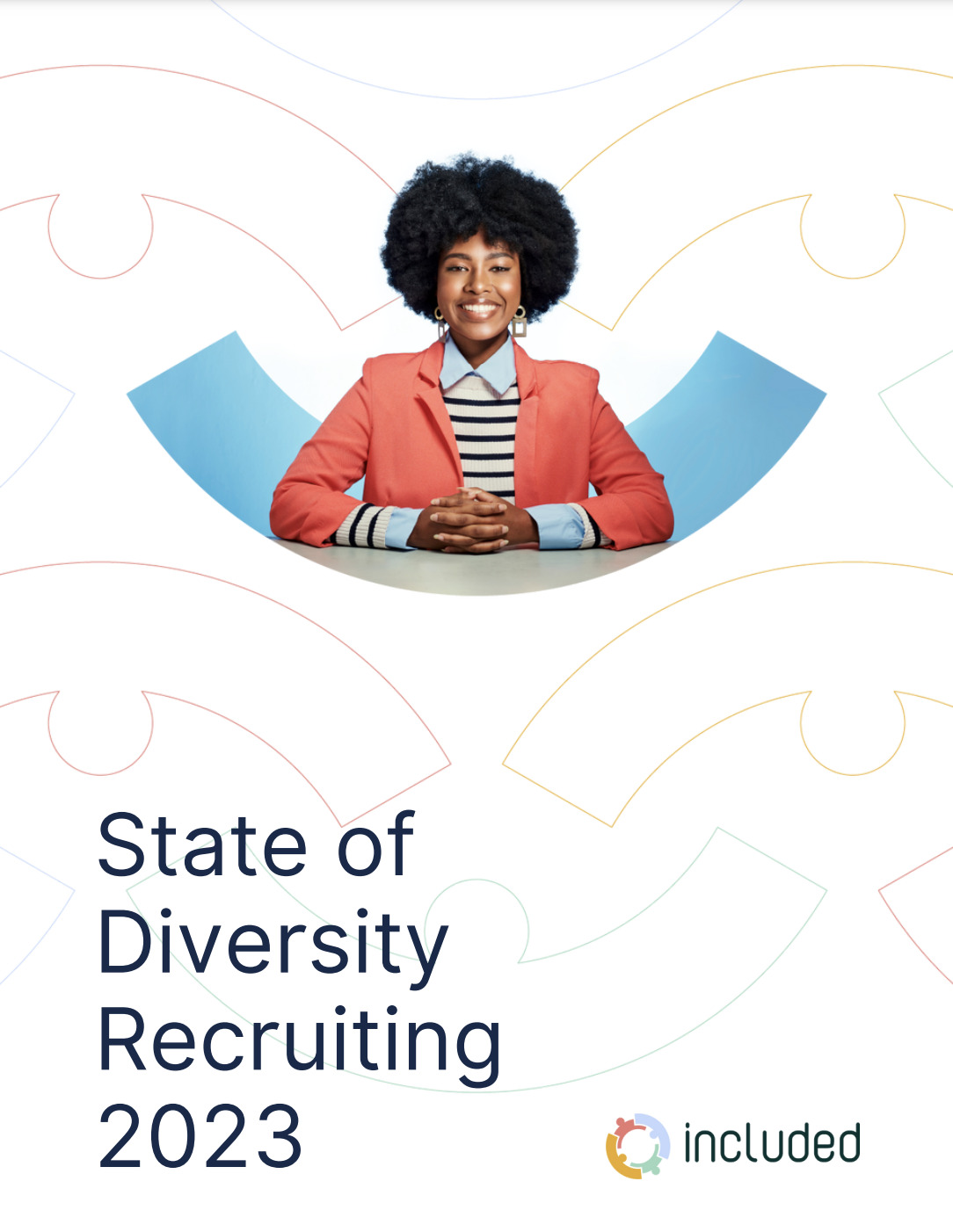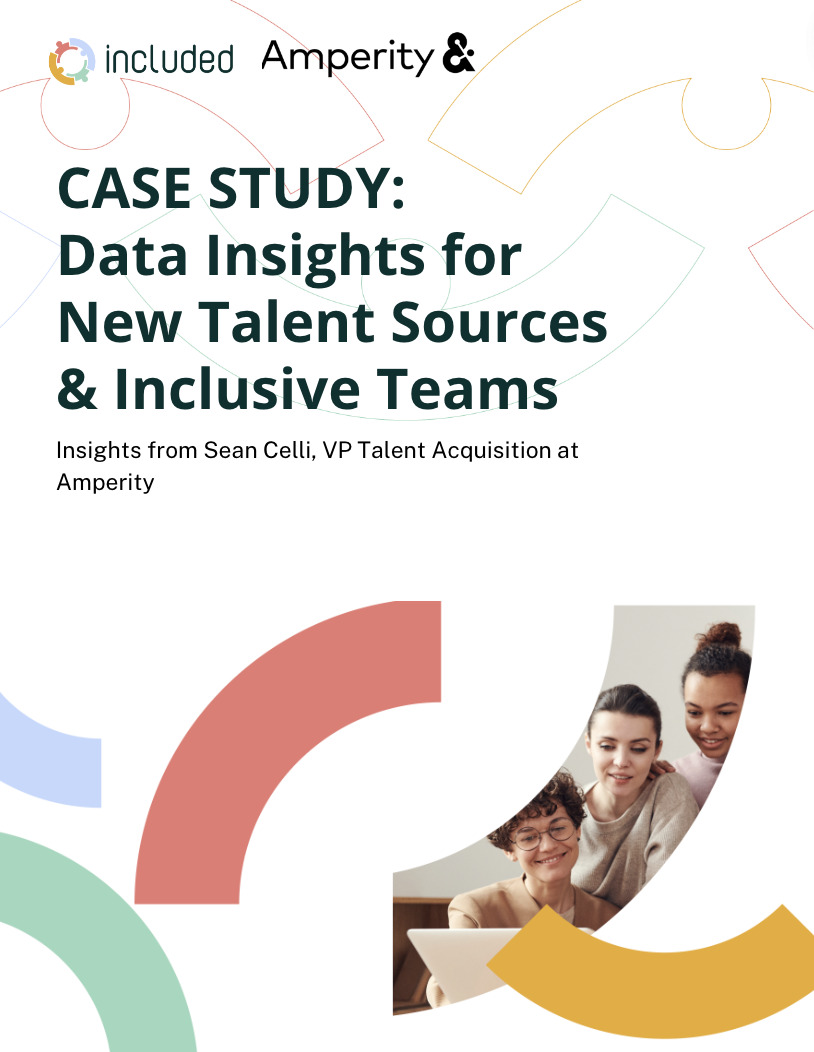And it all starts with the hiring process– so what can interviewers do to ensure that new hires share your org’s commitment to fostering a culture of diversity, equity, and inclusion? Here are some starter DEI interview questions to get a feel for candidates’ thought processes on diversity in the workplace.
1. What is your ideal work culture?
This is a simple question that can reveal a lot about the candidate’s priorities. Most interviewees will touch on work-life balance, leadership style, and the overall ethics of a company. Listen to what they say, but what a candidate doesn’t touch on in their answer can be just as informative.
The Answer to Look For
Ideally, when discussing the core values of a company, a candidate will express an understanding and appreciation of diversity and inclusion. A reliable way to cultivate a diverse work culture is to find individuals for whom this is a leading value. If a person fails to mention diversity in their response, then it’s likely not one of their top priorities.
2. What do diversity, equity, and inclusion mean to you?
When we talk about diversity, equity, and inclusion, many people‘s understanding of diversity stops at hiring X number of Y groups of people. It’s beneficial to dig deeper, determining whether a person fully grasps the meaning of DEI initiatives and sees their merit.
The Answer to Look For
Gold star for the candidate who expresses an understanding that diversity goes deeper than simply race and gender–that it also includes religion, sexual orientation, ability, and other identifying traits. And it’s even more promising if they can explain not only the importance of representation from different groups but also the ways in which we should strive to make space for and support people from different backgrounds.
3. How have you committed yourself to understanding equity and inclusion in your professional and or personal life?
For most modern companies DEI initiatives are SOP. Serious candidates will know––whether they believe it or not––to say they value diversity. Give them a chance to provide concrete examples of how they enact these values.
The Answer to Look For
In response to this question, you’ll want a candidate to provide steps they have taken to better understand and appreciate inclusion. This could take many forms, including attending workplace diversity trainings, educating themself with relevant texts, or simply taking the time to understand people from different backgrounds on a human level, and even taking actionable steps beyond the workplace.
4. Can you tell me about a time where you personally advocated for equity in a workplace?
Diversity, equity, and inclusion is not a one-time implementation; it is an iterative process that requires consistency, observation, and action. It’s important to understand how a candidate can see themself contributing to these efforts.
The Answer to Look For
Unless you’re hiring for a DEI position, candidates will likely have little in the way of sweeping narratives of embracing diversity. Instead, look for candidates who can provide smaller actions, the day-to-day embracing of DEI values that contribute to broader initiatives of making their prior workplace one that embraces diverse perspectives.
Move the Needle with DEI Analytics
DEI-informed interview questions can illuminate a candidate’s thinking, but it’s only one leverage point available in building a diverse workforce. Sourcing and recruiting candidates of historically underrepresented groups is key – and at long last, the tech HR and TA professionals need to drive DEI results is here. We built Included to leverage your DEI data and deliver recruiting results at scale.
Included is a DEI data platform that allows you to track and monitor candidates at every stage of the hiring process, from outreach to onboarding. With this powerful tool, you’ll be able to see which sources are yielding the most diverse slates of candidates, and the rates at which those candidates are moving through your recruitment funnel.
Creating the optimal business requires all types of people, and with Included’s DEI analytics tools, you’ll be able to diversify your hires, retain them, and boost your bottom line.












